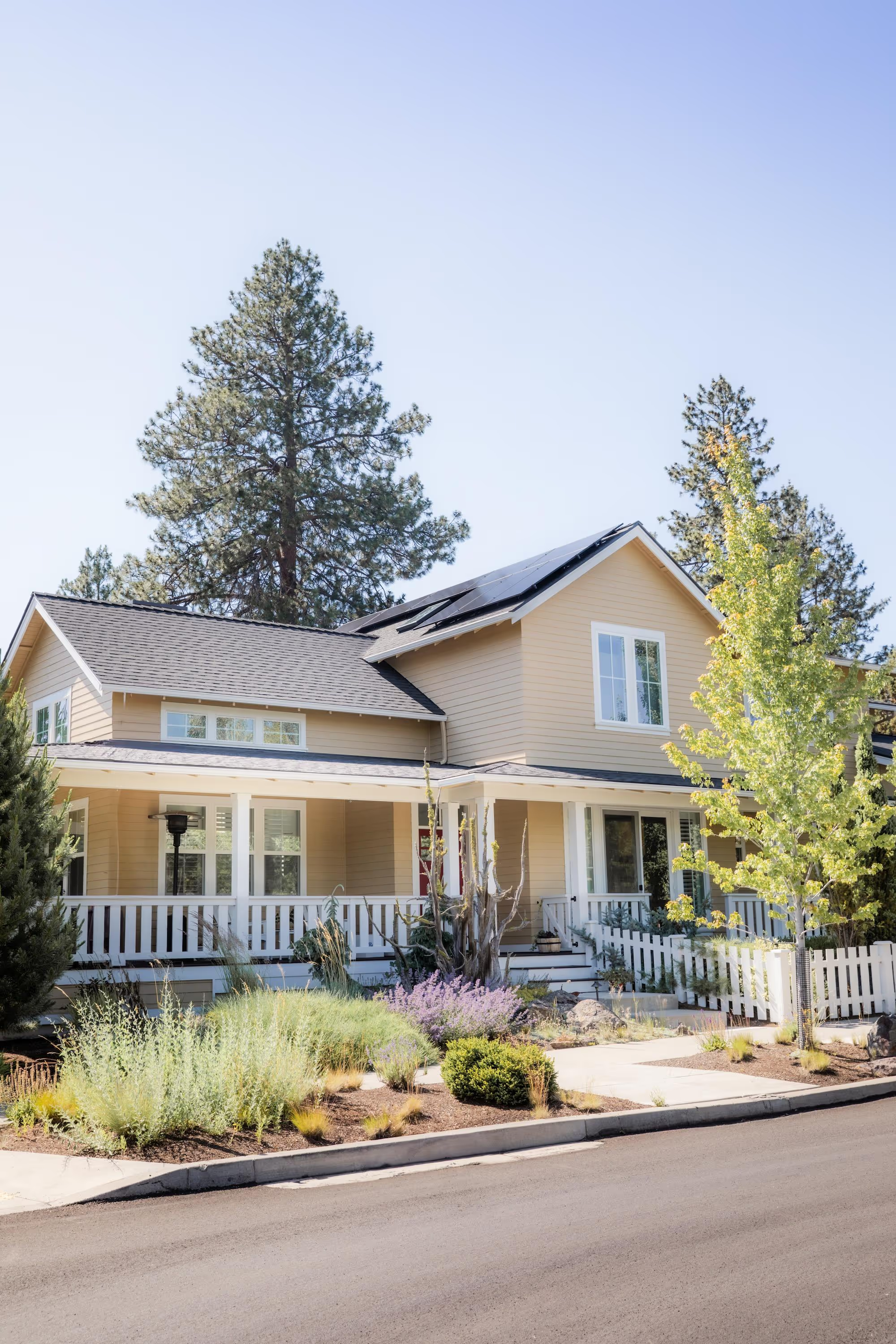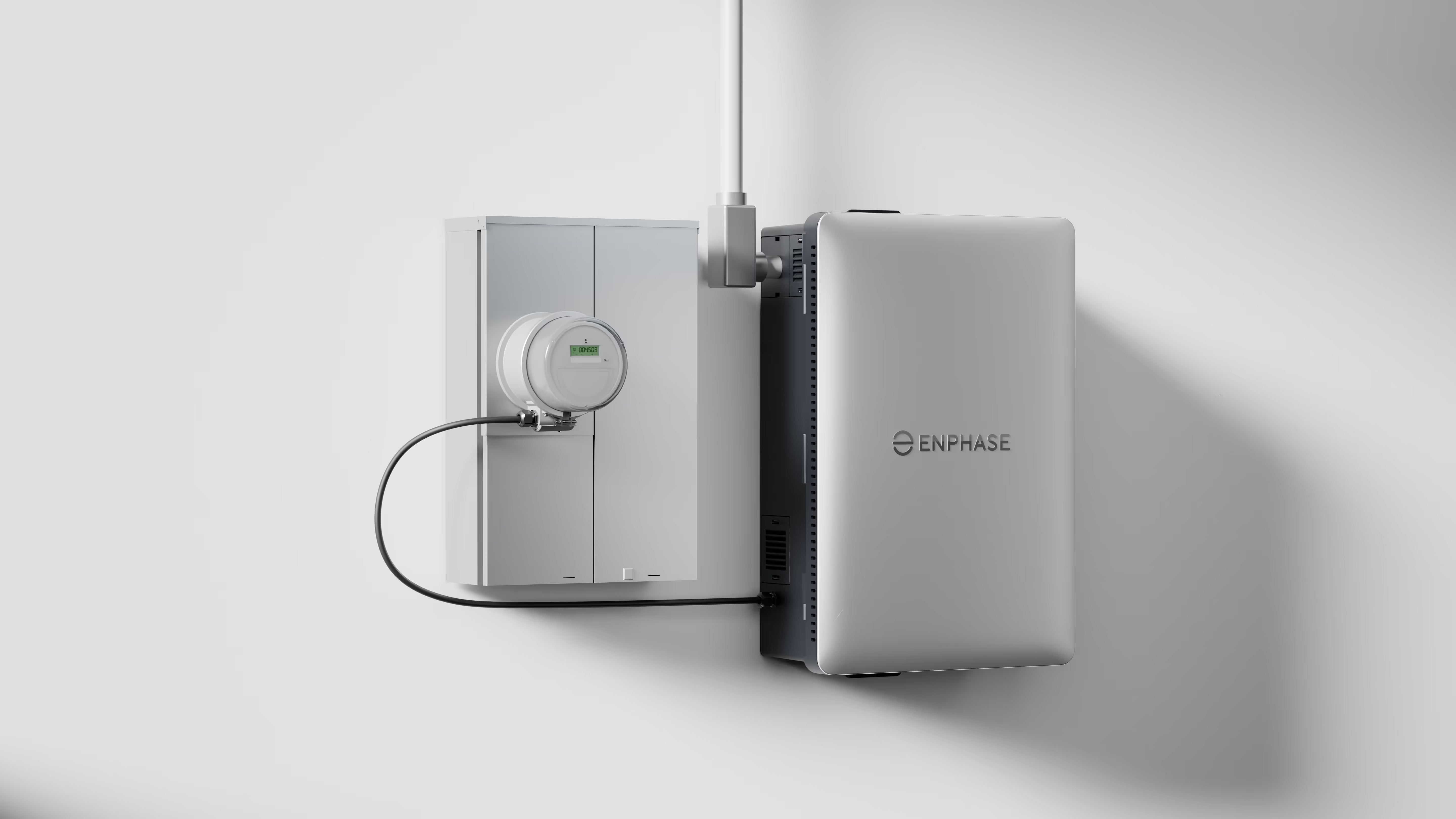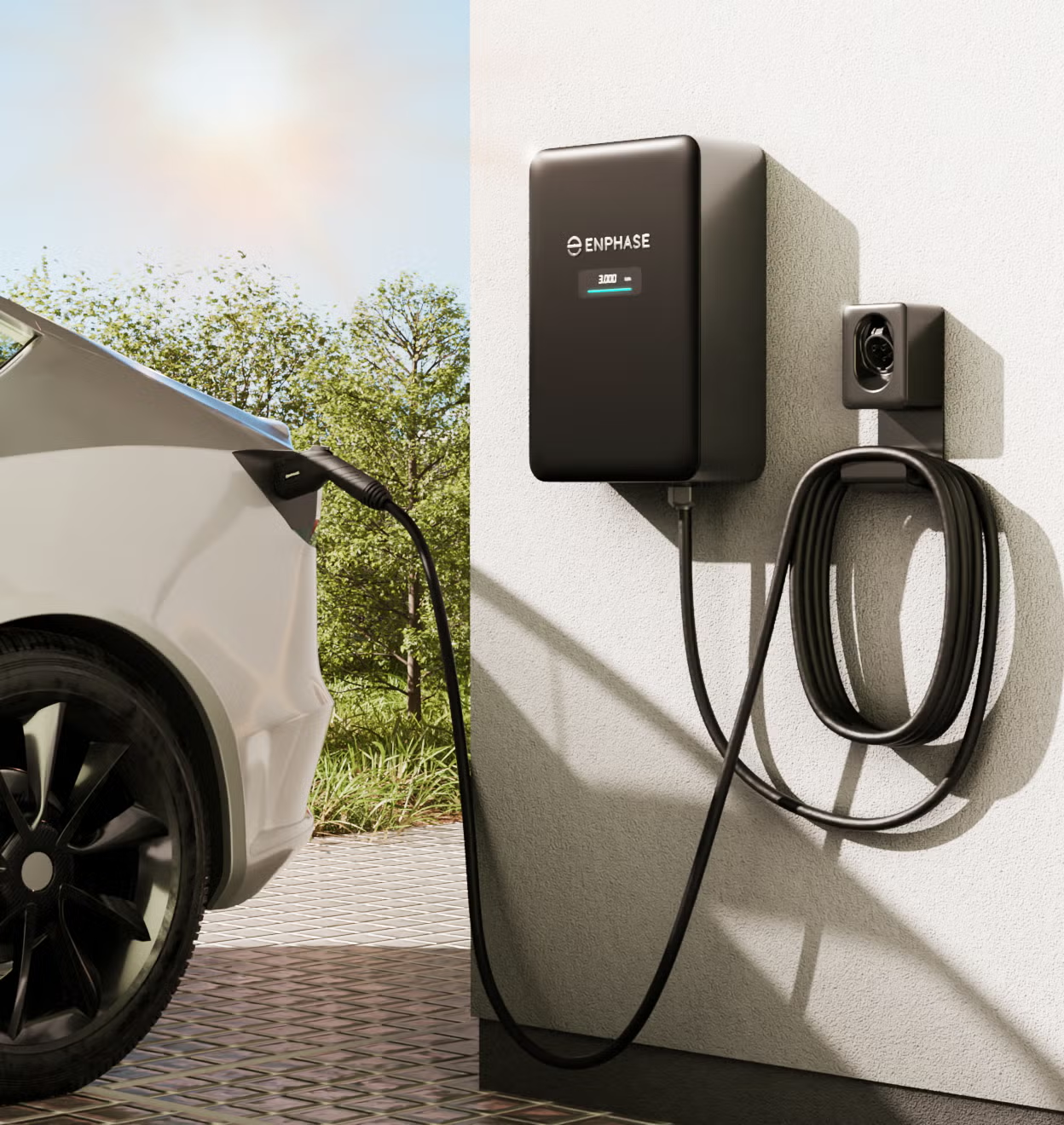The Benefits of Solar Panels in Bend, Oregon

Quick Overview of Solar Energy
Solar energy is a renewable source of power that has gained significant attention in recent years. It is a clean and sustainable alternative to traditional fossil fuels, providing an environmentally friendly way to generate electricity. One of the key components of solar energy is solar panels, also known as photovoltaic (PV) systems, which harness the sun's energy and convert it into usable electricity.
The Science Behind Solar Panels
Solar panels are composed of individual solar cells that contain semiconductor materials. These materials have unique properties that allow them to convert sunlight into direct current (DC) electricity through a process called the photovoltaic effect.
When sunlight, which consists of various wavelengths including ultraviolet (UV), visible, and infrared (IR) light, reaches the solar cells, an interesting phenomenon occurs. The photons from the light interact with the semiconductor material, knocking electrons loose from their atoms. This creates a flow of electricity, as the free electrons move through the material. This process, known as the photovoltaic effect, is fundamental to the operation of solar panels.
It's fascinating to think about how this intricate process allows solar panels to harness the sun's energy and convert it into a usable form of electricity. The advancements in semiconductor technology have greatly improved the efficiency and effectiveness of solar panels, making them an increasingly viable option for generating clean energy.
How Solar Energy is Captured and Converted
Once the solar panels have successfully converted sunlight into DC electricity, an important step follows - the conversion of DC electricity into alternating current (AC) electricity. This is necessary because most homes and businesses use AC electricity to power their appliances and devices.
To achieve this conversion, an inverter is employed. The inverter takes the DC electricity produced by the solar panels and converts it into AC electricity. This conversion process ensures that the electricity generated by the solar panels can be seamlessly integrated into the existing electrical system of a building.
Now, let's take a closer look at how solar energy is utilized in Bend, Oregon. In this region, a net metering system is in place, allowing homeowners and businesses with solar panels to contribute excess electricity back to the grid.
During times of high solar production, such as sunny summer days, the surplus electricity generated by the solar panels can be credited and used when the panels are not generating enough power. This is particularly beneficial during cloudy days or at night when the solar panels may not be able to produce sufficient electricity.
This net metering system not only allows individuals and businesses to reduce their reliance on the grid but also promotes the efficient use of solar energy. It ensures that the excess electricity generated by solar panels does not go to waste, but rather benefits the community as a whole.
Solar energy and the science behind solar panels are fascinating topics. The ability to harness the sun's energy and convert it into usable electricity is a remarkable feat of engineering and innovation.
The Environmental Impact of Solar Panels
Reducing Carbon Footprint with Solar Energy
One significant benefit of solar panels in Bend is the reduction in carbon emissions. Generating electricity from fossil fuels, such as coal or natural gas, releases greenhouse gases into the atmosphere, contributing to climate change. Solar energy, on the other hand, produces electricity without emitting any greenhouse gases, making it a clean and sustainable energy source.
In fact, according to the Environmental Protection Agency (EPA), each kilowatt-hour (kWh) of electricity generated from solar energy can prevent approximately 1.5 pounds of carbon dioxide from being released into the atmosphere. By installing solar panels, Bend residents can significantly reduce their carbon footprint and contribute to a greener future.
Furthermore, the use of solar panels not only reduces carbon emissions but also helps to decrease air pollution. Traditional methods of electricity generation, such as burning fossil fuels, release harmful pollutants into the air, including sulfur dioxide, nitrogen oxides, and particulate matter. These pollutants can have detrimental effects on human health, leading to respiratory problems and other illnesses. By transitioning to solar energy, communities like Bend can enjoy cleaner and healthier air quality.
Moreover, the installation of solar panels can have a positive economic impact on the local community. The solar industry has experienced significant growth in recent years, creating numerous job opportunities. From manufacturing and installation to maintenance and sales, the solar sector provides employment for a wide range of individuals. By embracing solar energy, Bend can stimulate its economy and foster a sustainable and prosperous future.
Advantages of Installing Solar Panels in Bend, Oregon
Cost Savings Over Time
While the upfront cost of installing solar panels may seem significant, they can lead to substantial long-term cost savings. Homeowners can save an average of $20,000 to $80,000 over a 20-year period by switching to solar energy.
Furthermore, solar panels have a lifespan of 25 to 30 years, with most manufacturers offering warranties for at least 20 years. This means that after the initial payback period, homeowners can enjoy decades of virtually free electricity, reducing their reliance on the utility grid and saving even more money. We use some of the best solar panels available in the industry, and offer a 25 year warranty for product, performance, and labor when installed by National Solar.
But the economic advantages of solar panels in Bend extend beyond just the savings on electricity bills. The installation of solar panels can also increase the value of a home. According to a study conducted by the Lawrence Berkeley National Laboratory, homes with solar panels sell for an average of $15,000 more than comparable homes without solar panels. This means that homeowners not only save money on their energy bills but also see a return on their investment when it comes time to sell their property.
Additionally, the installation of solar panels can create jobs and stimulate the local economy here in Bend, Oregon. The solar industry has experienced significant growth in recent years, and as more homeowners in Bend choose to install solar panels, it creates a demand for solar installers, technicians, and other related professions. This can lead to job creation and economic growth in the community.
Tax Incentives and Rebates for Solar Panel Installation
In addition to long-term cost savings, homeowners in Bend can take advantage of various financial incentives to make solar panel installation more affordable. The federal government offers a solar investment tax credit (ITC) that allows homeowners to deduct a portion of the cost of installing solar panels from their federal taxes.
Beyond federal incentives, the state of Oregon offers additional incentives and rebates. The Oregon Solar + Storage Rebate Program issues rebates for solar electric systems and paired solar and storage systems for residential customers and low-income service providers in Oregon. Rebates are issued to approved contractors, who pass the savings on to their customers. National Solar has exceeded the Energy Trust of Oregon standards for incentives and installation requirements since 2009, and is an approved contractor. You can learn more about Oregon Solar + Storage Rebate Program here. These incentives make installing solar panels in Bend even more financially appealing. You can learn more about Federal and State incentives for going solar on our Tax Incentives page.
The Role of Solar Energy in Bend's Energy Mix
Current Energy Sources in Bend
Bend currently relies on a mixture of energy sources, including fossil fuels and renewable energy. While the exact breakdown may vary year to year, the city's commitment to sustainability is evident through the implementation of renewable energy projects and the expansion of solar energy generation.
Potential for Solar Energy Expansion in Bend
Bend has a significant potential for solar energy expansion due to its sunny climate and open spaces. According to data from the National Renewable Energy Laboratory (NREL), Bend receives an average of 300 days of sunshine per year, making it an ideal location for solar panel installations.
With the ongoing advancement of solar panel technology and decreasing costs, more homeowners and businesses in Bend are likely to embrace solar energy as a viable alternative. Continued investment in solar power infrastructure will further diversify Bend's energy mix and contribute to its overall sustainability goals.
Choosing the Right Solar Panel System & Installation Company in Bend
When considering installing solar panels in Bend, it is crucial to understand the different types of systems available and choose one that suits your specific needs. Factors to consider include the available roof space, budget, and desired energy output.
Working with a reputable solar panel installation company can help guide you through the process of selecting the right system for your home or business. They can evaluate your energy needs, assess the suitability of your roof for solar panels, and provide accurate predictions of the system's energy output.
If you are interested in discussing alternative energy solutions for your home, please reach out to the team at National Solar, we are here to help you start your solar journey, and believe that everyone should have the option to power their home from the sun.
Calculate your potential energy cost without solar
| 5 Year Cost | |
| 10 Year Cost | |
| 15 Year Cost | |
| 20 Year Cost | |
| 30 Year Cost |
All-in-one energy solutions
Every project includes design, permitting, installation, and support from our award winning installation team.

Solar Panel Installation
Custom-designed rooftop solar systems that slash your electric bill.

Battery Storage
Store your daytime solar power for nighttime usage or power outages.

Ground Mounts
Ideal for properties without good roof access. Same savings, more flexibility.

EV Chargers
Power your electric vehicle at home for less, powered by your solar system.
